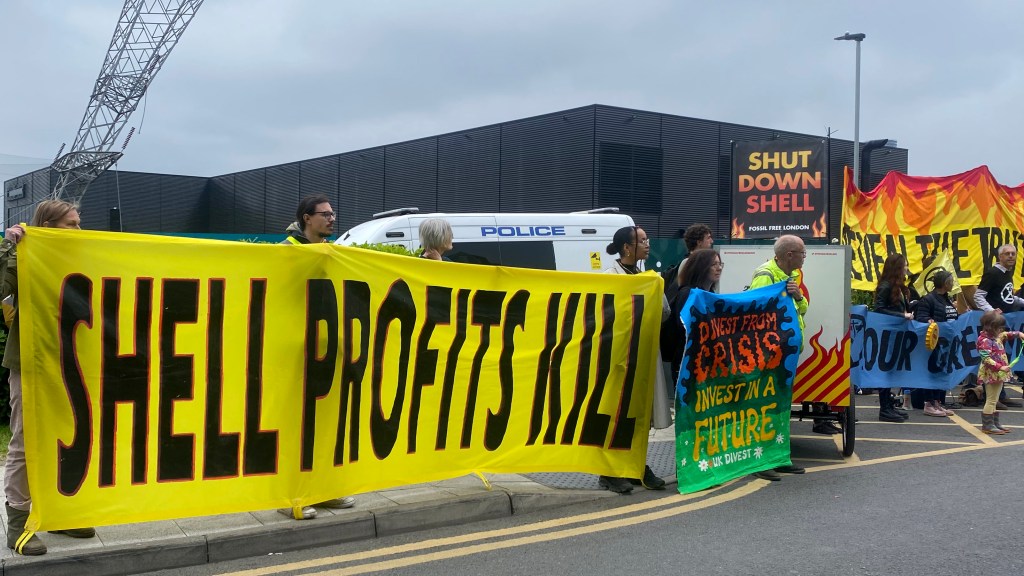Shell Faces Investor Pressure Over Climate Strategy Shift
An impending confrontation with shareholders is developing for Shell after three local government pension funds demanded clarity regarding the company’s plans to expand gas production despite its net zero commitment by 2050.
The Merseyside Pension Fund, Greater Manchester Pension Fund, and Brunel Pension Partnership have initiated a shareholder resolution urging the FTSE 100 energy giant to articulate how its goal to increase liquefied natural gas (LNG) production by up to 30% by the end of the decade aligns with its emissions reduction objectives.
In its recent update on transition strategy last year, Shell revised its carbon reduction goal for 2030 and eliminated its 2035 carbon intensity target, referencing anticipated strong gas demand and uncertainties surrounding the energy transition.

The company aims to reduce its carbon intensity by 15 to 20% by 2030, a metric that represents emissions as a portion of all energy sold, enabling Shell to offset emissions from its oil and gas operations against lower-emission sectors. Shell has reiterated its commitment to achieve net zero emissions by 2050.
Vaishnavi Ravishankar, head of stewardship at Brunel Pension Partnership, expressed “deep concern” regarding the perceived inconsistency between Shell’s growth strategy for LNG and its declared climate ambitions.
“We need enhanced transparency to evaluate Shell’s alignment with climate objectives, especially considering the recent removal of its interim 2035 climate target. We are committed to engaging with Shell to improve the ambition, transparency, and credibility of its climate transition initiatives,” Ravishankar stated.
These pension funds, managing around £69 billion in assets, have also challenged the projected growth in LNG demand by Shell over the next 15 years.
As the world’s leading LNG trader, Shell anticipates a 50% increase in demand by 2040, a forecast that shareholders claim relies on demand levels higher than all scenarios published by the International Energy Agency (IEA) and seems to have “misunderstood independent analysis in supporting its demand forecasts.”
The shareholder resolution has been submitted ahead of Shell’s annual meeting scheduled for May, representing an aggregate stake of 0.3% in the company.
A Shell spokesperson noted that shareholders have “strongly supported” the company’s strategy to generate greater value with reduced emissions at multiple annual general meetings (AGMs), emphasizing that LNG plays a central role in this strategy.
“We are optimistic about the future role of LNG in our strategy as we evolve into a net zero emissions energy entity by 2050,” he added.
Wael Sawan, the chief executive of Europe’s largest oil and gas group, is expected to present further updates on the company’s strategy in March, marking his second briefing since his appointment at the beginning of 2023.
This resolution has been co-filed with the Australasian Centre for Corporate Responsibility and enjoys support from Share Action, along with 100 individual shareholders, according to the investors.




Post Comment